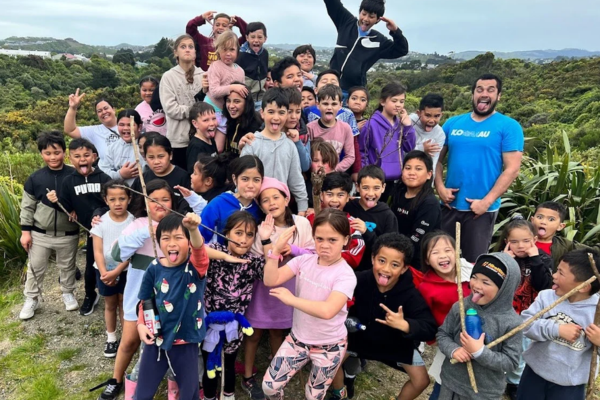
Local leaders at the Porirua Whānau Centre say meaningful change in health outcomes won’t come from top-down policies alone, it starts with communities being empowered to lead.
The call comes in response to the newly released Determining Our Future report from the Public Health Advisory Committee, which highlights concerning trends despite some national progress. While life expectancy has improved and child poverty and smoking rates have dropped, inequities around housing, food security, mental distress and the environment continue to grow.

“Our community lives these statistics every day,” said Liz Kelly, Tumu Whakarae / CEO of Porirua Whānau Centre. “We see whānau working hard but still unable to afford safe housing, enough food, or the support they need for their wellbeing. The numbers in the report are real people in Porirua.”
Since 1994, the Porirua Whānau Centre has taken a kaupapa Māori approach to supporting whānau in the Wellington region. Its services range from food and housing support to early childhood education, youth mentoring, and kaumātua support, all designed to strengthen community resilience and reduce hardship before it becomes crisis.
“The solutions don’t just come from national policies or simply giving people a handout,” said Kelly. “They also come from communities themselves. When organisations like ours are resourced to do the mahi, we can prevent hardship and build wellbeing.”
The Determining Our Future report calls for urgent system-wide reform, but Kelly says the work is already happening at the grassroots level.
“The Whānau Centre shows what community-led, culturally grounded support looks like,” she said. “Our whānau deserve the chance to thrive, not just survive. With the right support, we can help our communities to build a healthier, fairer Aotearoa.”
